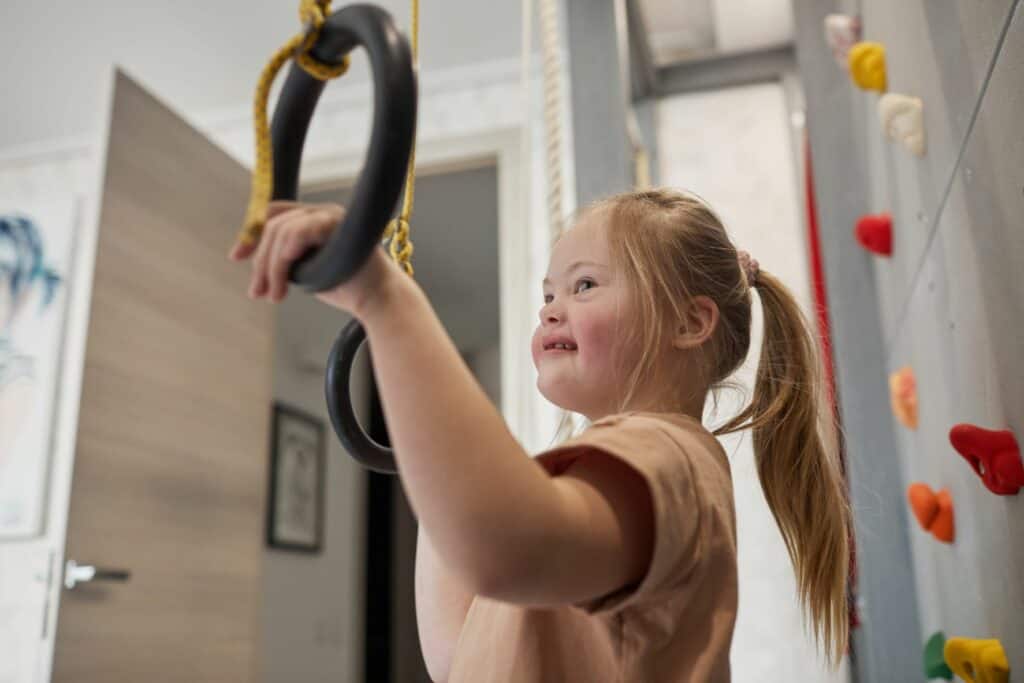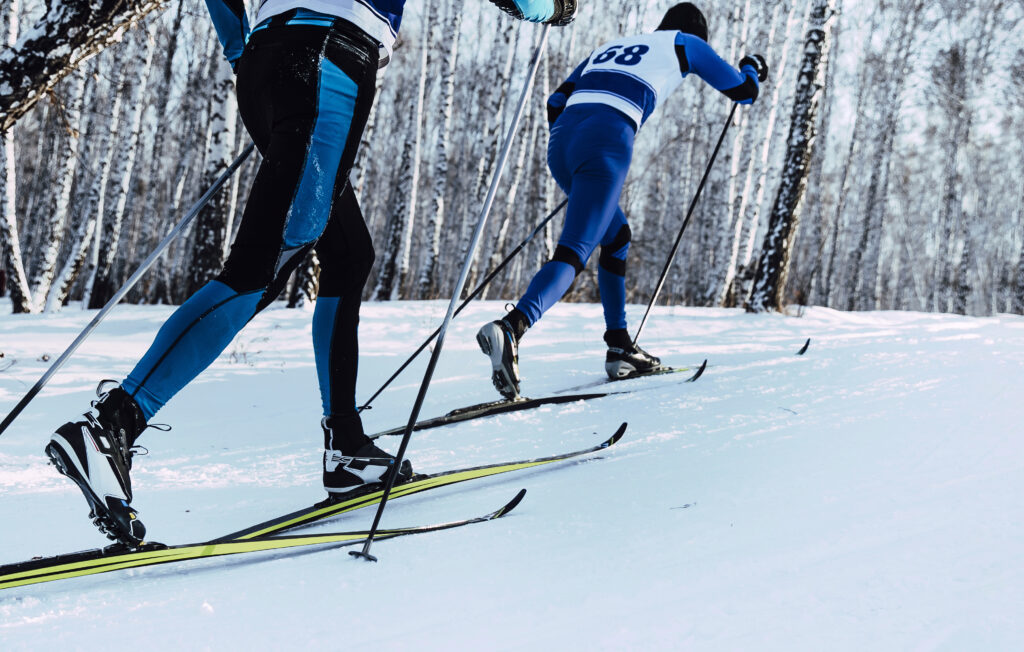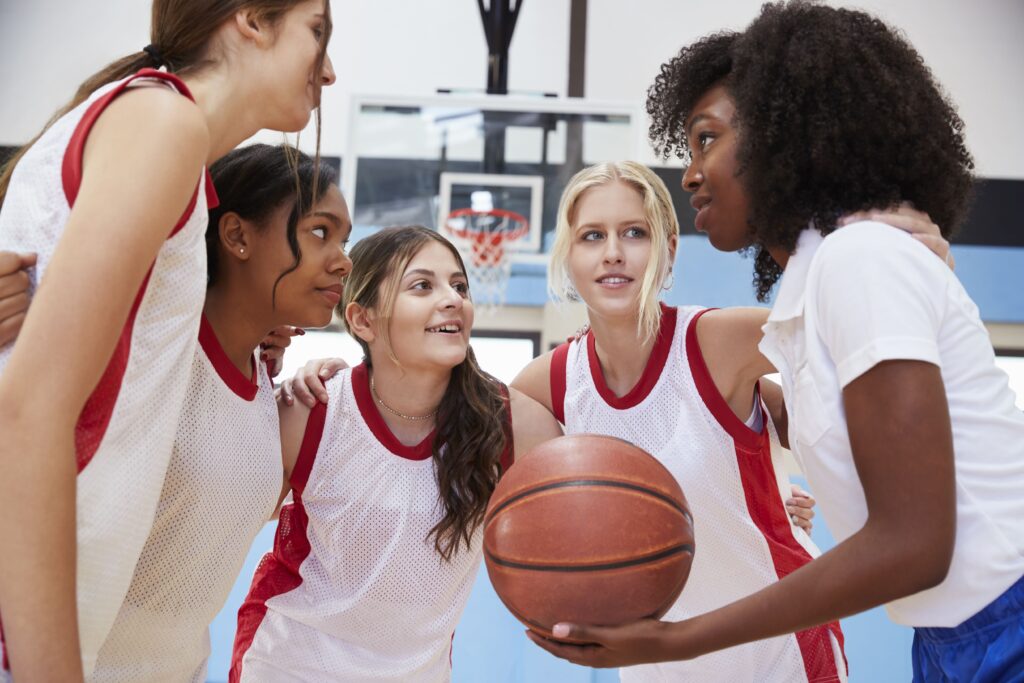Caffeine
Do you like to sip a cup of coffee before a big game or match, or hitting the gym? A new study of combat sport athletes showed that caffeine ingestion enhances upper-body strength endurance and increases handgrip strength. This is particularly beneficial for grappling athletes competing in judo or jiu-jitsu.
New True Sport Report sheds light on the potential power of sport in a changing world

On February 1, the Canadian Centre for Ethics in Sport (CCES) published “Power of Sport: The True Sport Report.” The new publication builds on “What Sport Can Do: The True Sport Report” (2008) that provided conclusive evidence of how good sport can be used intentionally to positively influence a wide range of societal goals. Those…
Thriving in sport
Thriving is the joint experience of development and success. In sport, thriving is important for athlete well-being. Evidence-based strategies for coaches to facilitate thriving include placing athletes in challenging situations that promote learning, fostering a trusting environment, and encouraging bonds between teammates, coaches and other program staff.
Real-life tech applications
Before implementing a new technology for your sport or physical activity program, consider the burden it might impose on program leaders, participants and support staff. Using technology can often cost time, energy or convenience. For example, using GPS to monitor a soccer team’s training volume could easily take up to 4 hours a day: 1 hour to…
Complex decisions in sport
Competing objectives, such as increasing grassroots participation and selecting the top athletes for high performance programs, can complicate the work of national and provincial/territorial sport organizations. Data-driven decision-making allows sport organizations to solve complex issues in more innovative ways instead of relying on “how it’s always been done.”
Opportunities for mental health promotion in Canadian university sport

Highlights If you’re reading this article, chances are you’re passionate about Canadian university sport. And why wouldn’t you be? University sport provides students with opportunities to connect and enhance their confidence through building skills. It also gives students something to look forward to that they feel good about doing. All these things can help build…
Psychological skills training
Psychological skills training can help athletes enhance performance, self-satisfaction, and enjoyment in sport. For this reason, researchers at the University of Windsor developed a free, online psychological skills training program for para-athletes. This evidence-based program provides training to support skills such as goal-setting, concentration, and relaxation.
Less is more: Programming interval training for endurance performance

More isn’t always better. This couldn’t be truer than when it comes to designing an interval training program geared to maximize endurance sport performance. At least that’s the conclusion of our most recent meta-analysis. This blog discusses findings from our recently published meta-analysis, which describes the effect of manipulating various interval training program characteristics (such…
Multi-sport collaboration
Compared to early specializers, youth who participate in multiple sports early in their development often experience fewer injuries, enhanced movement skills and a greater likelihood of long-term sports participation. But in Canada’s North, sport participation opportunities for youth can be few and far between. Discover how table tennis and hockey came together to enhance player…
Let them lead: The benefits of shared athlete leadership

In its inaugural season, the Las Vegas Golden Knights, a team of so-called “misfits” patched together from 30 other National Hockey League (NHL) teams, reached the Stanley Cup finals. One reason for their success was that they didn’t assign traditional on-ice captains. Instead, the team philosophy was that there were “23 captains.” According to Golden Knights forward…